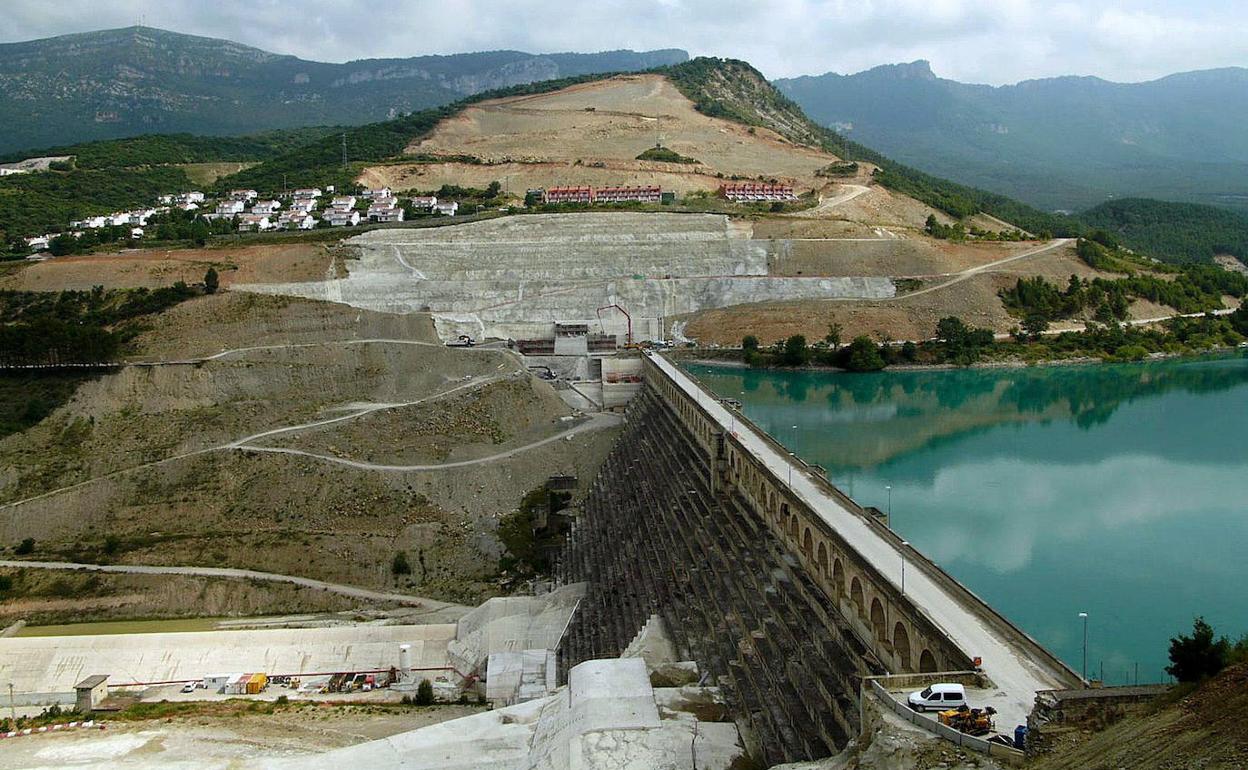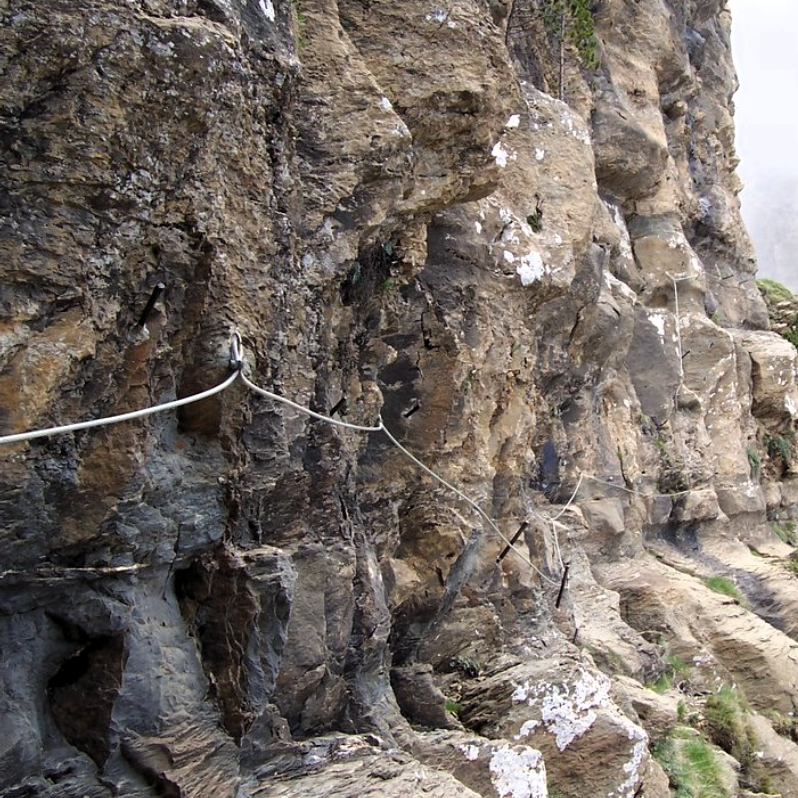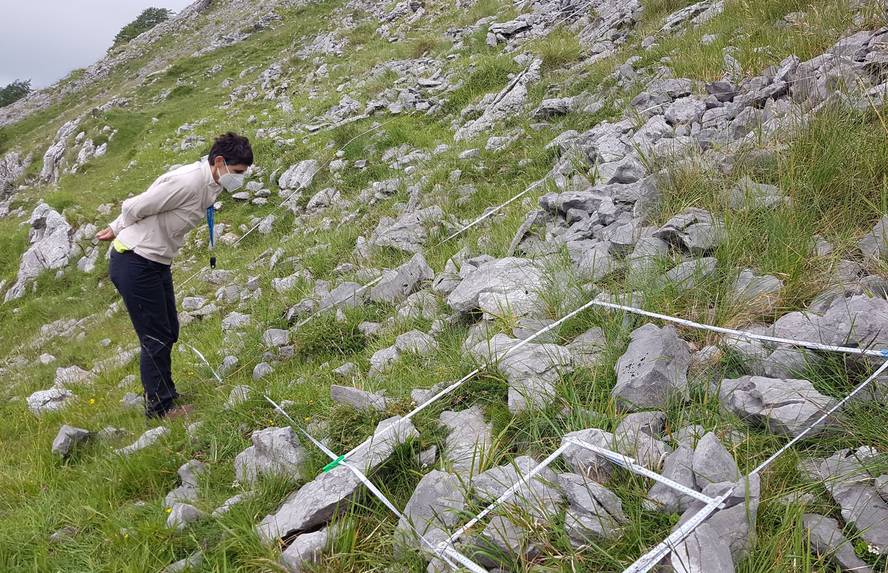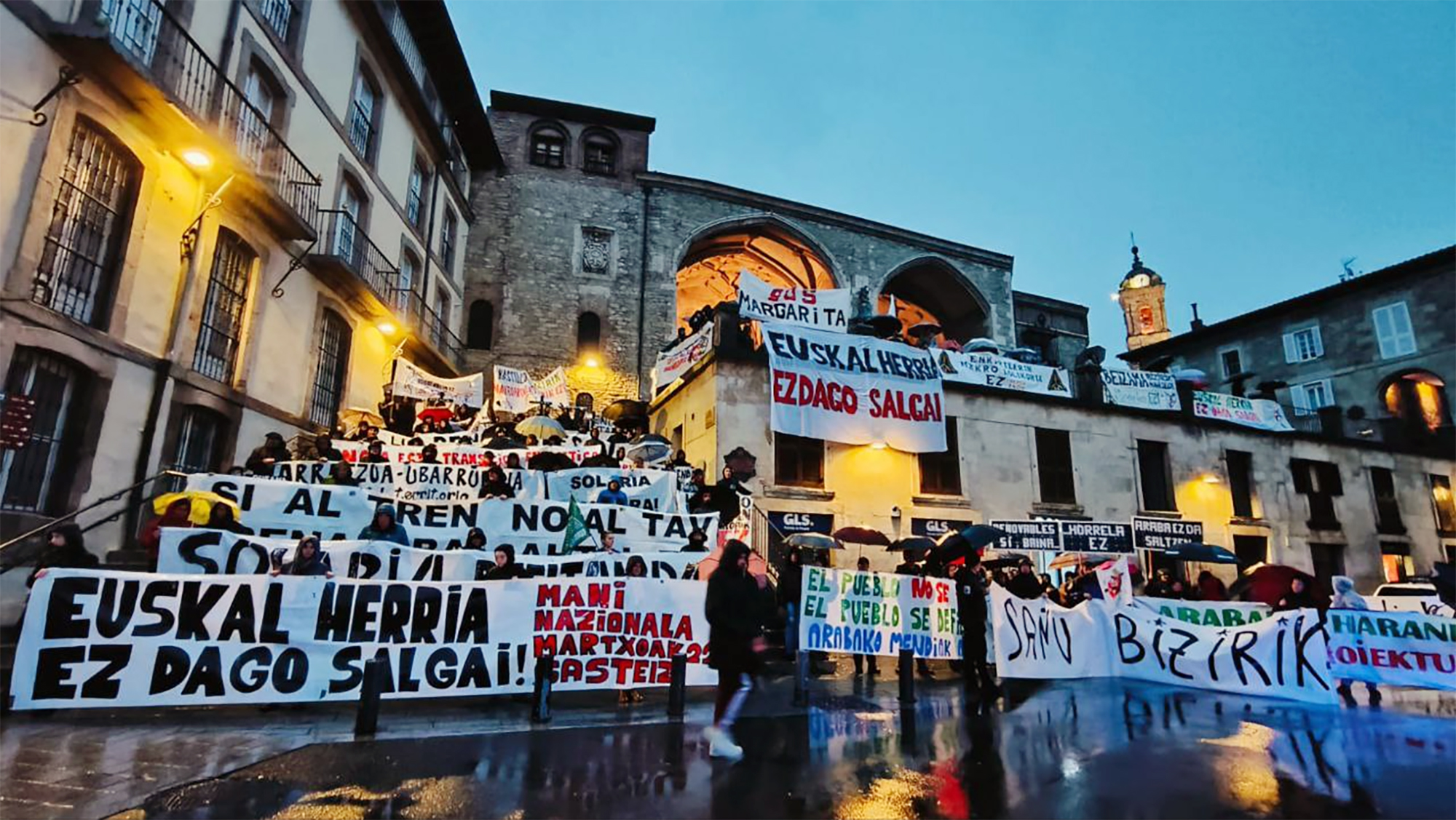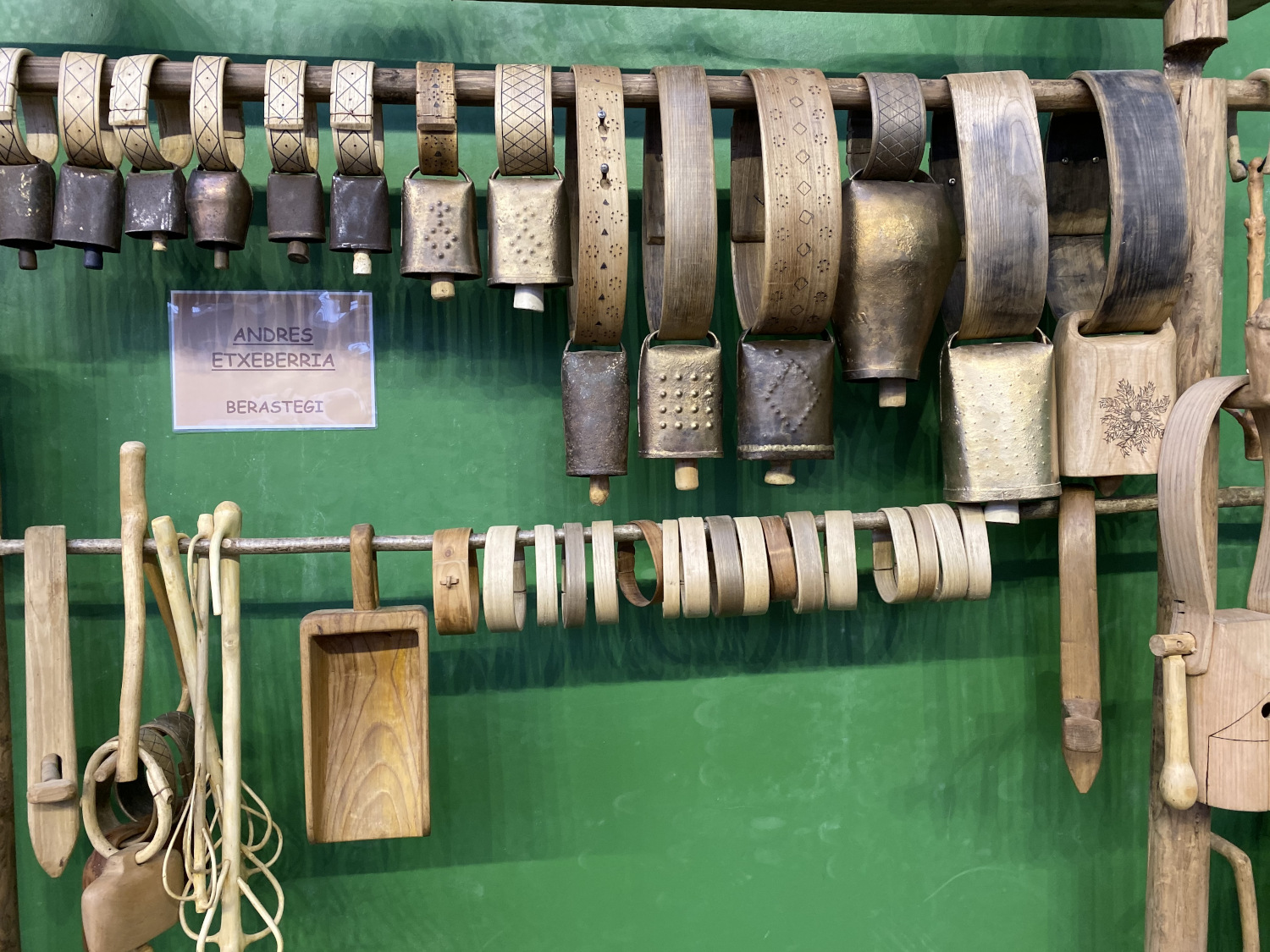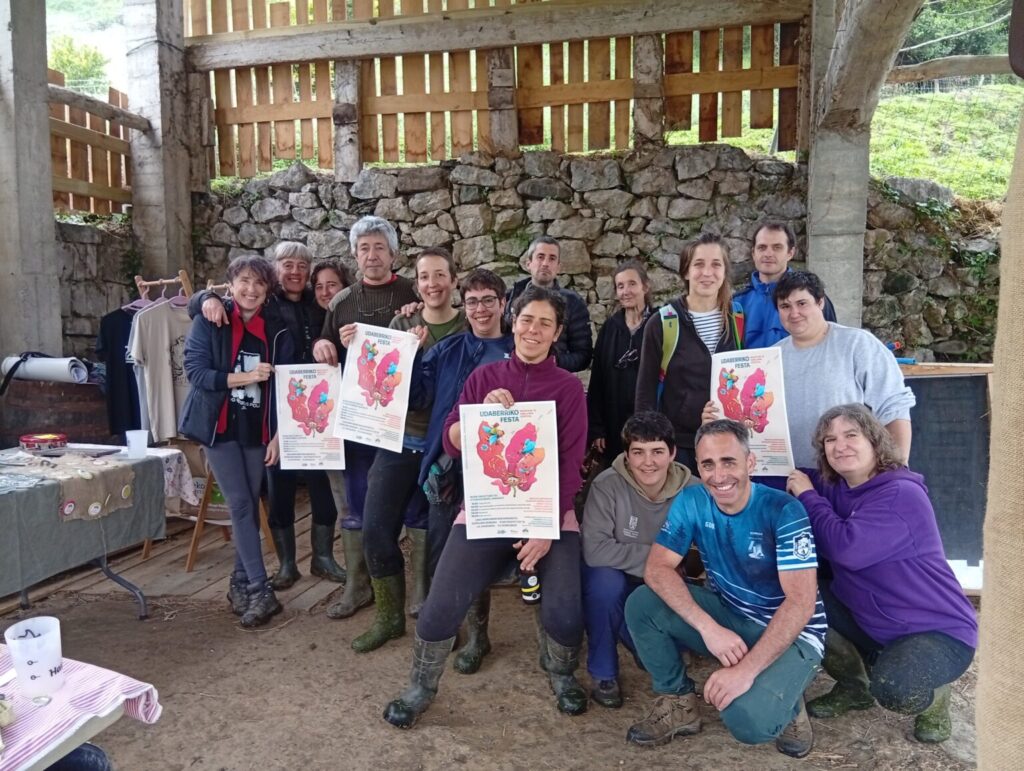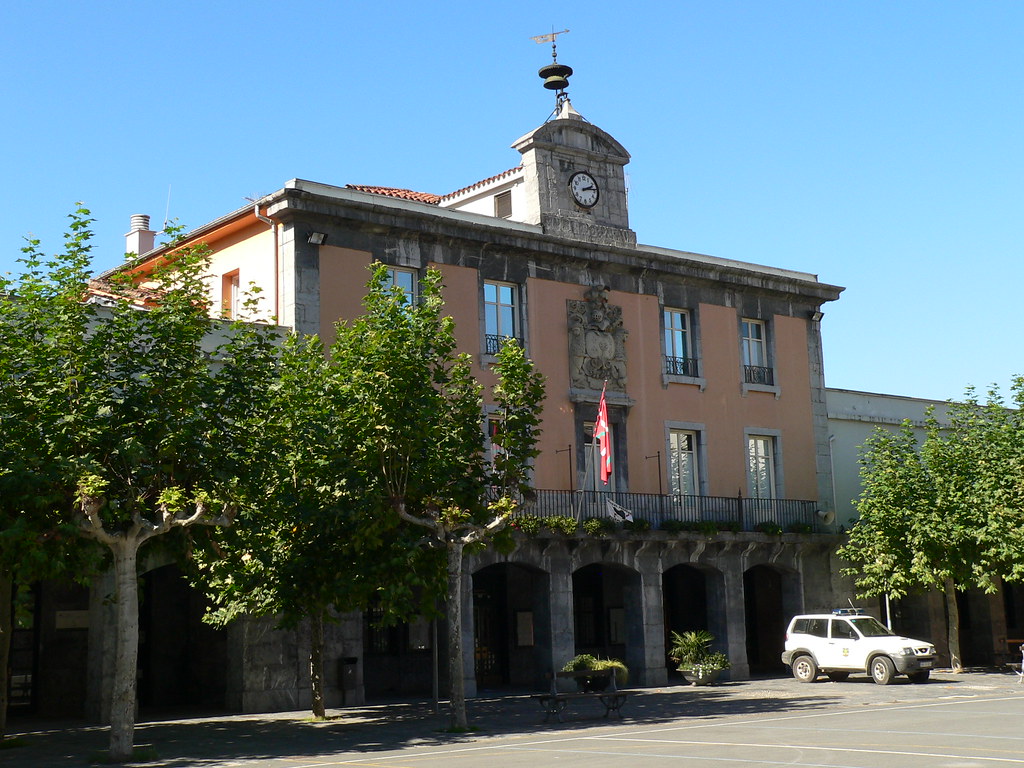Great Green Wall in Africa: proof of what we can wholesale represent solutions
- The Sahara desert is spreading over time, expanding by 10% every century. To curb this expansion, a huge project was launched fifteen years ago: from Western Senegal and Mauritania to Eastern Eritrea and Somalia, the construction of a green barrier of orchards, meadows, trees and forests. This land has been developing since 2007, but with 18 million hectares of green land, it represents only 4%. Since then, more benefits have been shown, including the solution to mitigate the climate emergency. But they also have new challenges, the most powerful, which are to combat the hunger of the multinationals and keep these lands in the hands of Africans.

In this context in which overcoming the climate emergency requires a drastic and systemic change in our social organization, the “Great Green Wall” formed in the African region of the Sahel gives us hope for feasibility. From the Atlantic to the Red Sea, the municipalities of Senegal, Mauritania, Mali, Burkina Faso, Niger, Nigeria, Chad, Sudan, Eritrea, Ethiopia and Djibouti are planting a natural barrier of forests, meadows and orchards that will hinder them. In total, with this plant barrier of 8,000 kilometres in length and 15 in width, it is intended to curb the expansion of the Sahara desert. A huge project, with 100 million hectares of green, which unites eleven peoples and has its essence in the recovery of biodiversity. I mean, if you will.
“It’s a project to reduce desertification. At the base that is, but above all, we have a project designed for Africans. It moves many sectors: there is ecological restoration, but we also talk about territorial development. We can think that orchards, apiculture, straws… are parallel to each other, but in reality all are essential for the sustainability of the Great Green Wall. Without the involvement of citizenship it would not work. This project is totally African, born in Africa. For “Africa”, we hear the reflection of anthropologist Priscilla Duboz on the radio France Culture.
Desertification is based on the consequences of reduced rainfall, climate warming and human action: “Man has crushed his ecosystem. During the era of the colonies cultivation and livestock were strengthened, eliminating old and consolidated balances and destroying extensive forests [i.e., eliminating the natural wall that hinders the expansion of the desert]. The crops, usually industrial monocultures of the multinationals, increase desertification due to the huge consumption of water and the chemical components poisoning aquifers”, can be read Entre rève et espoir: le projet de la Grande Muraille Verte (“Between dreams and hope: Project of the Great Green Wall”).
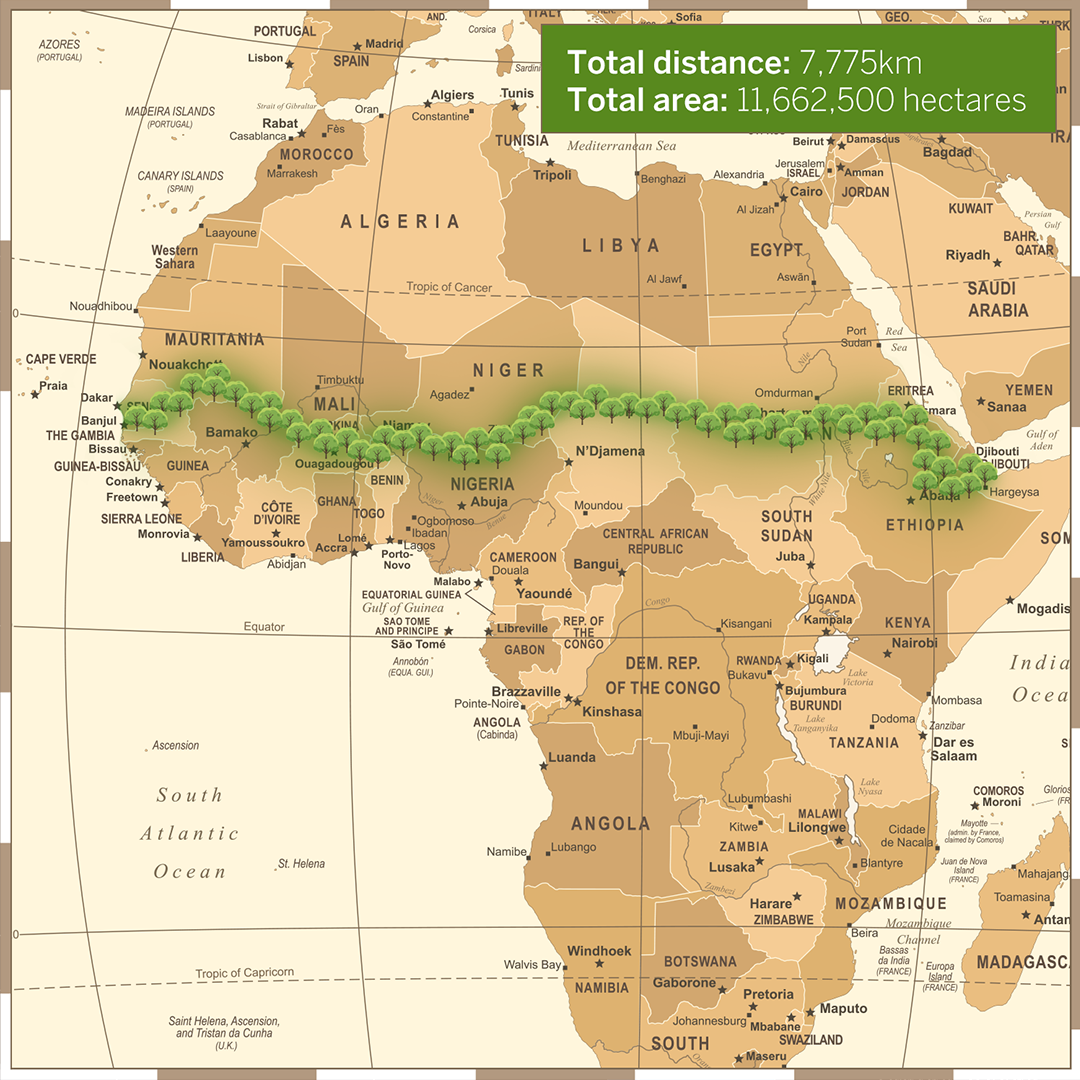
The African Union formalised the project in 2007, and since then it is moving forward, although slow, probably too slow, implementation by many obstacles and events: They wanted to end by 2030, but last year they only had 4% of people employed. They've learned from the mistakes that a project is going to take with citizens: “Cultivating for nature, for community, for climate, does not bind citizenship. You need trees to serve you, for example with fruits to eat or sell. In this case it works,” in the words of Senegalese Haïdar Ali. Remember the past, when trees were planted and cut through the neighbors.
FAO is also strategic to the Food and Agriculture Organization and is earmarking money. Because it's not a project for those poorest countries. 135 million people live in the Sahel region and a quarter die of hunger or thirst. The average to be counted is $440 per hectare, which is between $36,000 and $43,000 per hectare. The past has taught them the need for citizens to be on the subsidy monitoring committees, because corruption and tax leaks are also realities in the governments of the Sahel region. They should receive $20 billion from international and continental structures.
Multinational cases
Faced with money from outside, Senegalese Haïdar Ali is suspicious that the soda does not do everything. It also sees danger: “If the condition is to involve the Chinese company because the soda comes from China, or to hire the French company because the soda is given by France… forgive, I am not interested. These companies do not have the pride and priorities of my people. The environment shows us that this does not work: in all, in all and in all, it regresses.”
Maintaining pressure from multinationals will be one of the main challenges. In fact, North companies are planting trees in the South, in the unfavourable logic of monoculture, to compensate for the carbon emissions of their activities. Many governments and companies will see it as a fertile ground for the development of an international industrial crop. In the article between rève et espoir: le projet de la Grande Muraille Verte it can be read that this risk is not considered: “Who will receive ownership and control of these lands?” It is not enough to turn the sand into a vegetable garden, it must be defended, and this detail, maleruski, is not included in the FAO project. This challenge is there, even more so because states have no power to guarantee anything.”

They need to take care of themselves because they go discreetly to several: Veolia or Total are subsidising the plantation. The powerful French cosmetics company Chlorane has been treated, in exchange for receiving the marketing component of the shampoo composed of Balanites aegyptiaca or desert datilondos. We also have the agreement between the Pan-African Agency and the Xinjian Institute of Ecology and Geography to “send to Africa the technologies, materials and productions that China has to limit desertification.” Jeff Bezos, the owner of Amazon, has spent $1 billion on bipildurated
Africa proyecto.En, multinationals have a new way to paint their activities in green or to enrich them even more. If this were to happen, they would frustrate the fundamental objective, both in agriculture and in forestry, because monoculture is always synonymous with the destruction of life and access to the desert. They would also destroy the wall that could be faced with the climate emergency. However, this large and vivid green wall has a carbon absorption capacity of 250 million tons.
Automatizazioaren eta abereen inguruan kuxkuxeatzen ari nintzela, ukuilu automatizatuen informazioa hasi naiz eskuratzen. Nire idazmahaiaren erosotasunetik idazten, gizakion kontsumorako modu masiboan esplotatzen ditugun abereen bizitzak nahiko penagarriak direla iruditzen zait,... [+]











